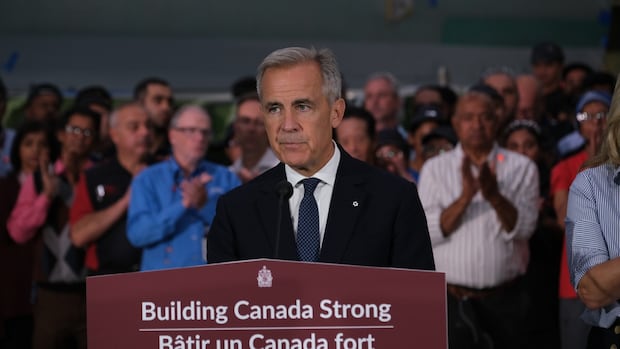As Finance Minister Chrystia Freeland prepares to unveil the federal budget on April 16, Canadian business leaders are intensifying calls for substantial tax relief and improved access to capital—measures they argue are essential to revitalize Canada’s struggling productivity and competitiveness.
The upcoming budget arrives at a critical juncture for the Canadian economy, with business investment remaining stubbornly stagnant despite rising population figures. According to Statistics Canada’s latest report, business investment declined 0.4% in the fourth quarter of 2023, continuing a troubling trend that has persisted since mid-2022.
“We’re witnessing an alarming disconnect between population growth and capital investment,” explains Goldy Hyder, president of the Business Council of Canada. “Our productivity has flatlined while our competitors forge ahead. Without meaningful tax reform and investment incentives in this budget, we risk further economic deterioration.”
The persistent productivity challenge has placed Canada near the bottom of OECD rankings for economic growth per capita. A recent C.D. Howe Institute analysis found that Canadian workers produce approximately 24% less value per hour than their American counterparts—a gap that continues to widen.
Business groups have coalesced around several key recommendations ahead of the budget announcement. The Canadian Chamber of Commerce has proposed an overhaul of the capital cost allowance system to permit faster write-offs for technology investments. Meanwhile, the Canadian Federation of Independent Business is advocating for reduced small business tax rates and expanded eligibility thresholds.
“Small businesses are drowning in regulatory complexity while struggling to access growth capital,” says Dan Kelly, president of the Canadian Federation of Independent Business. “The budget needs to address both the tax burden and the capital access constraints that are stifling innovation and expansion.”
The technology sector has been particularly vocal about the capital crunch. Venture capital investment in Canadian tech fell by 37% in 2023, according to data from the Canadian Venture Capital and Private Equity Association. Industry leaders argue that enhancing tax credits for research and development while simplifying access to innovation funding programs could help reverse this trend.
“Our brightest tech entrepreneurs are increasingly looking south of the border,” notes Benjamin Bergen, president of the Council of Canadian Innovators. “This budget represents a critical opportunity to demonstrate that Canada remains committed to nurturing homegrown innovation rather than watching it emigrate to more supportive environments.”
Economic experts suggest the government faces difficult choices in balancing fiscal restraint with growth-oriented policies. With inflation gradually moderating and interest rates expected to decline later this year, some economists believe targeted tax measures could stimulate investment without unduly straining federal finances.
“The productivity crisis demands attention, but so does fiscal sustainability,” observes Rebekah Young, senior economist at Scotiabank. “The most effective approach would involve precise tax incentives aimed at productivity-enhancing investments rather than broad-based cuts that might fuel inflation.”
As the budget countdown continues, business leaders remain cautiously optimistic that their concerns will translate into concrete policy action. With economic challenges mounting and global competition intensifying, the stakes for Canadian businesses have rarely been higher.
Will Budget 2024 deliver the bold measures needed to reverse Canada’s productivity decline, or will incremental changes prove insufficient to address the fundamental challenges facing our economy?











